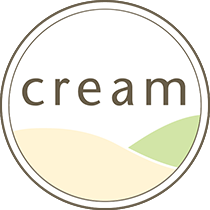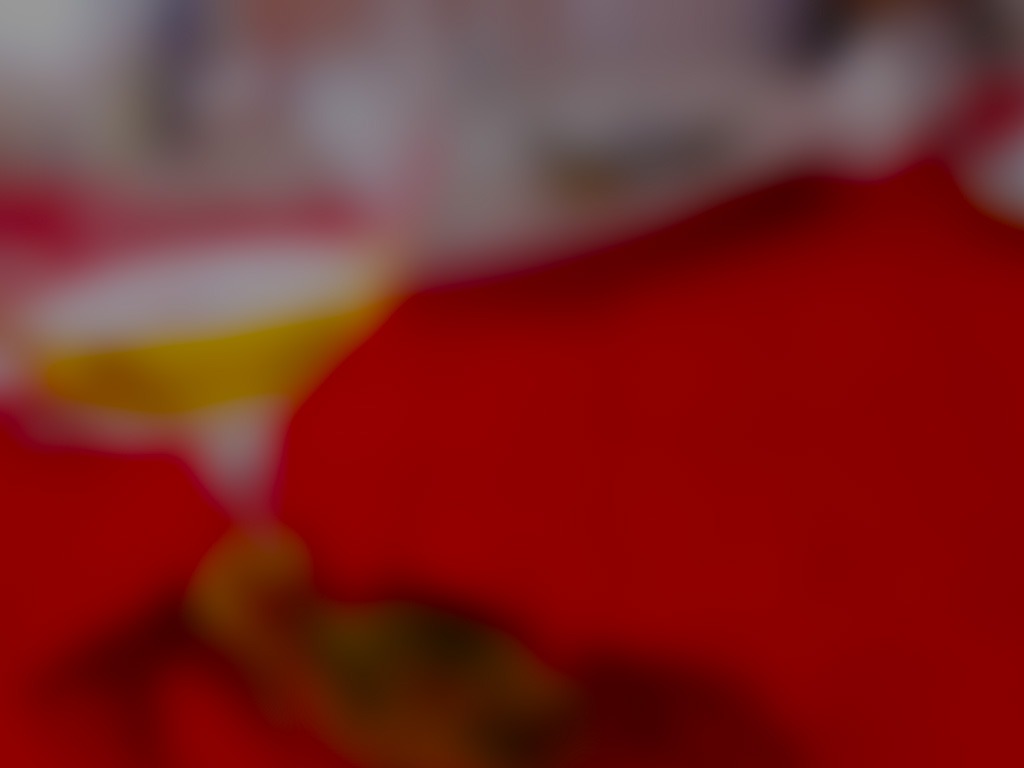Populis
VISIT THIS PRODUCER'S WEBSITE
VISIT IMPORTER'S WEBSITE
Country of Origin: USA
Location: Mendocino, California
People: Shaunt Oungoulian & Diego Roig, Owners & Winemakers
Viticulture: Practicing Organic
Items
| Populis 2023 Sauvignon Blanc, California | Login | — | In Stock |
| Populis NV 'Le Phoque Plongeur' White, Mendocino County | Login | — | <1 Case |
| Populis 2022 White, California | Login | — | In Stock |
| Populis 2023 'Reversee' Red Blend, Mendocino County | Login | — | In Stock |
| Populis 2022 'Wabi-Sabi' Red Blend, California | Login | — | In Stock |
| Populis 2023 Macerated White, California | Login | — | In Stock |
Why the name Populis? Shaunt and Diego started Populis to bring delicious, honest wines--natural wines with soul--to the people at an affordable price. The wines are dangerously easy to drink; try popping just one bottle!
Shaunt and Diego farm several old-vine vineyards in Northern California. The grapes they farm go directly into Populis. The farming is top notch with no herbicides or pesticides. In the winery, additives are not used. Depending on vintage, a small addition of sulfites may be added at bottling.
About the Owners Populis Wine is a collective effort between two friends producing wines that are fun and straight-up crushable. The collective was born when Shaunt and Diego returned to California from apprenticeships abroad and realized that there was/is a huge void to fill when it comes to finding USA wines made naturally from organically grown grapes. California is known for its healthy and progressive food and farming scene—it’s about time that the wines followed suit!
Diego Roig: Diego was practically born with a glass of wine in his hands. Raised in California by a family of grape growers and winemakers (with roots dating prior to Prohibition), it was not uncommon to hear him ask for wine (watered back, of course!) at the dinner table. His parents regularly obliged and a career in the wine industry was born. Fast forward to now, and he has had the opportunity to learn from Bob Cabral (Williams-Selyem), Vanessa Wong (Peay Vineyards), Andy Walker (UC Davis), Kevin Fontaine (Charles Joguet, Chinon, France), Colin Ross (Seresin, Marlborough, NZ), Didier Barral (Domaine Léon Barral, Faugères, France), Giusto Occhipinti (COS, Sicily) and Philippe Valette (Domaine Valette, Macon, Burgundy), among others. These experiences and countless days spent tending vineyards and tasting wines from all over the world (this time, sans water) have helped shape his belief that the best wines come from soils and vineyards farmed without synthetic chemicals and with the utmost respect paid to nature. Furthermore, grapes grown in these vineyards have no need for commercial yeast strains or chemical additives to manipulate flavor other than the smallest amount of sulfur to protect them during bottling, ensuring the truest expression of place and time.
Shaunt Oungoulian: During Shaunt Oungoulian's first vintage working in the Anderson Valley of Mendocino County, he observed and reflected upon the innumerable biological and chemical processes occurring within each tank, barrel, bottle, and glass and was drawn into the world of wine. In order to deepen his understanding of this churning world beneath the surface, Shaunt decided to enroll in UC Davis’s Viticulture and Enology program. While studying UC Davis, a few classmates introduced him to a number of ‘natural’ wines that had a huge influence on his tastes and goals as a winemaker. Shaunt began to contextualize his research and coursework through a non-interventionist lens and found this approach to be much more intellectually satisfying and fulfilling. After graduating Davis, Shaunt left for France to pursue this reductive style of winemaking with various apprenticeships. He was fortunate to work under Philippe Valette in Mâcon and Julie Balagny in Fleurie. Both of these vignerons are extremely technically knowledgeable, but remain fiercely non-interventionist in their cellars and vineyards. They demonstrated to him that in order to make truly expressive wines, one must be able to embrace tradition and innovation at once, a lesson that continues to guide Shaunt's winemaking/winegrowing philosophy to this day.


